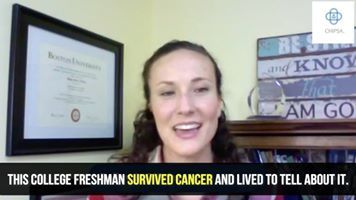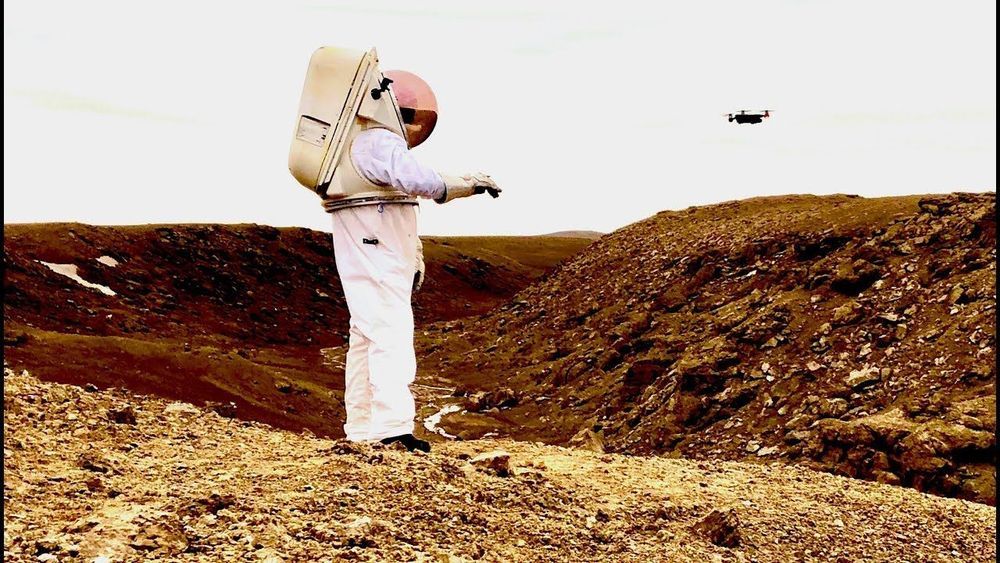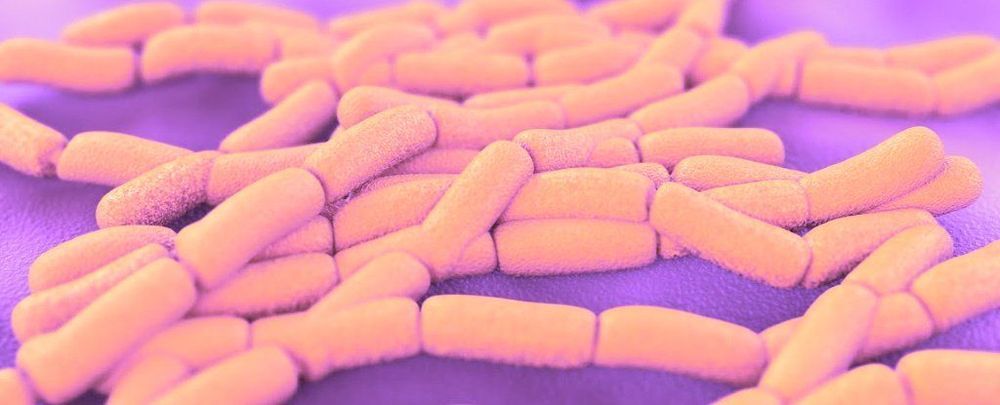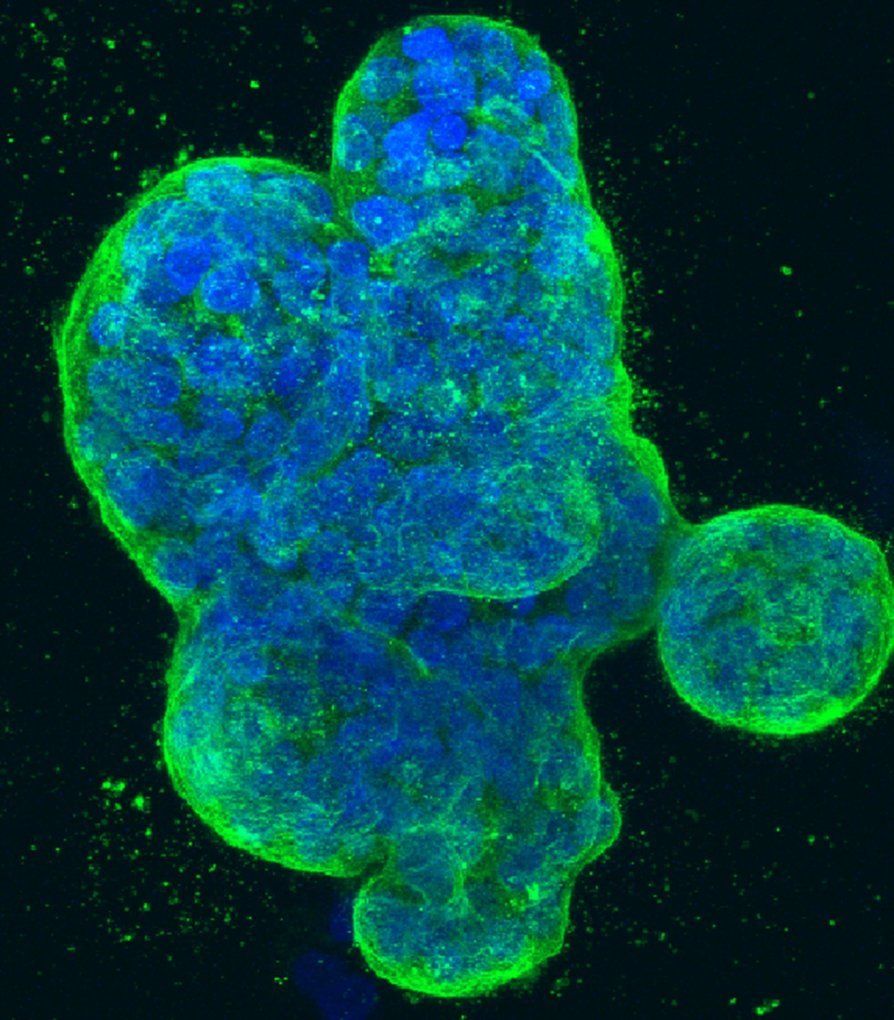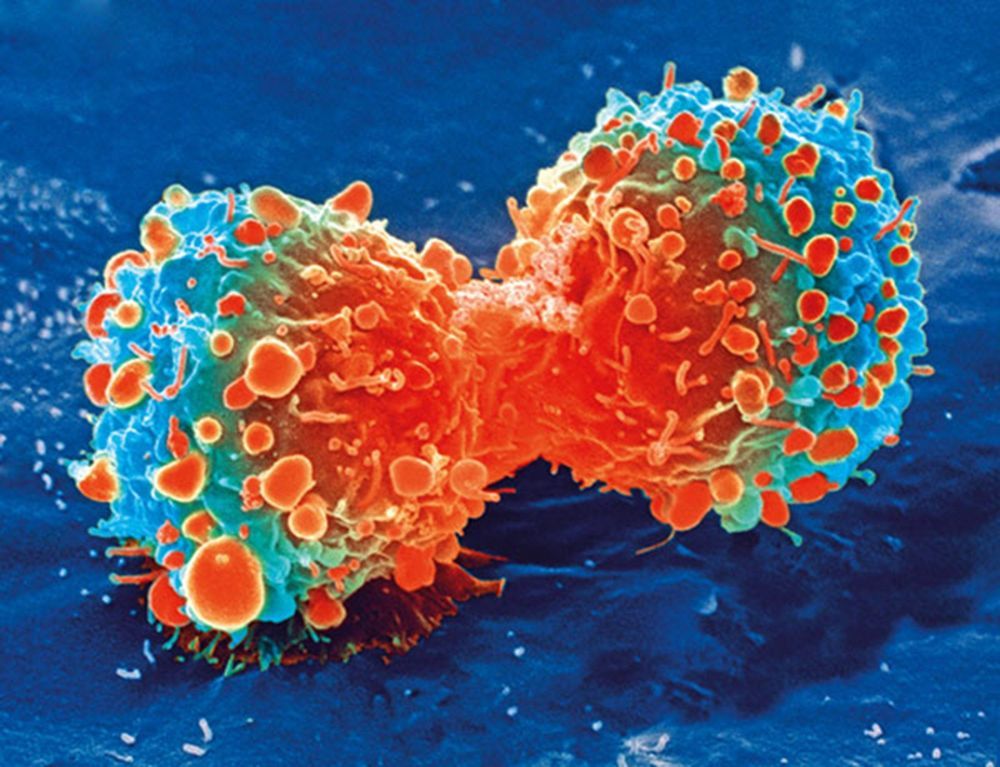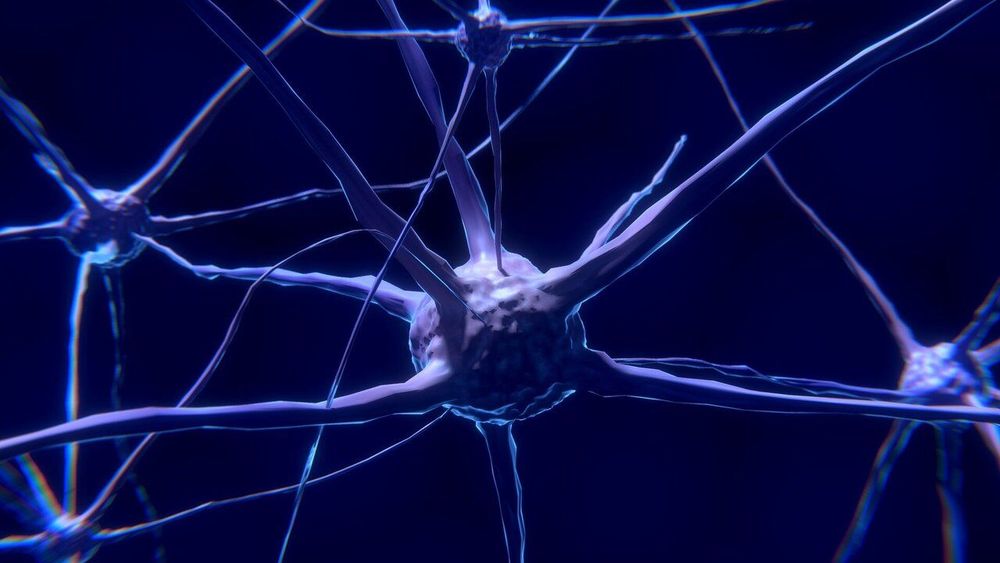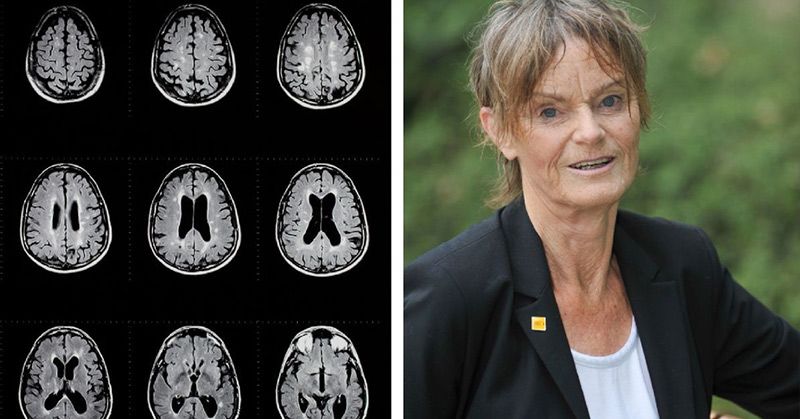Dec 9, 2019
How Bailey O Brien Beat Stage 4 Melanoma at CHIPSA!
Posted by Paul Battista in category: biotech/medical
College Freshman, Bailey O’Brien beat Stage 4 Melanoma at CHIPSA Hospital in 2011! The cancer she thought she beat, had come back with a vengeance. She had 7 inoperable tumors and doctors at Sloan Kettering only gave her months to live. Refusing this death sentence, her parents ventured to CHIPSA for treatment: https://chipsahospital.org/how-bailey-obrien-beat-the-odds-a…-hospital/
